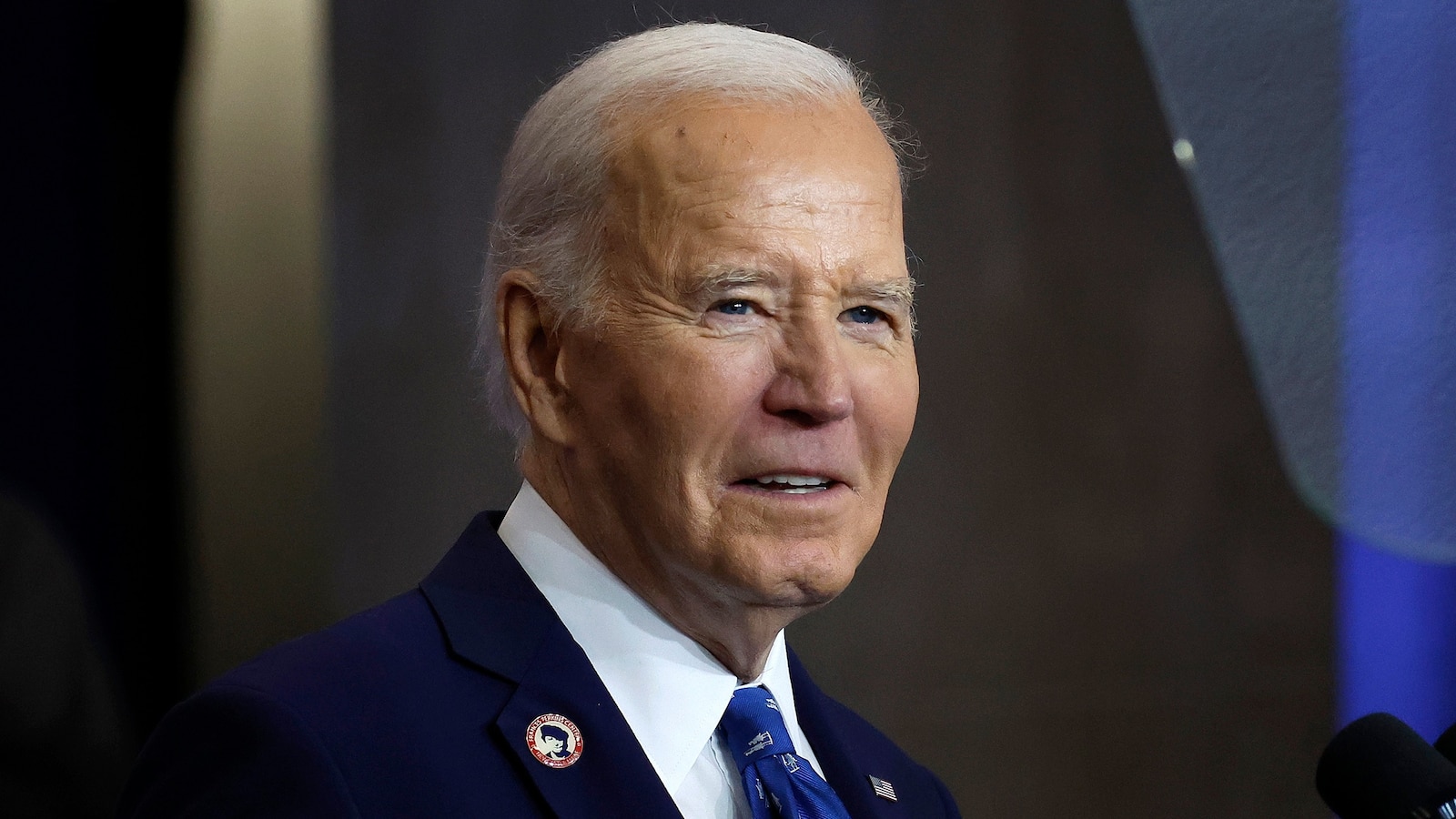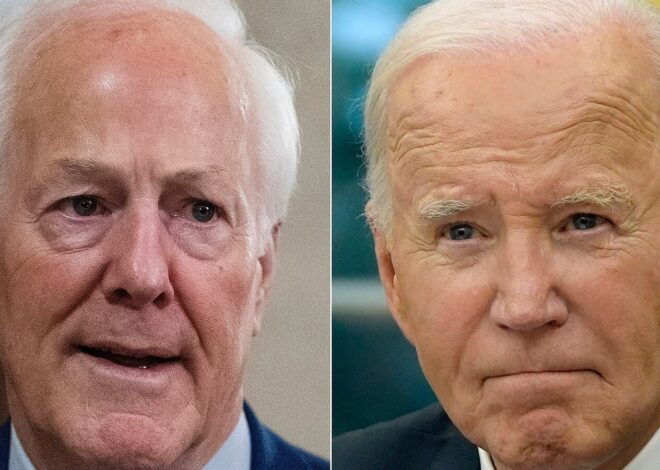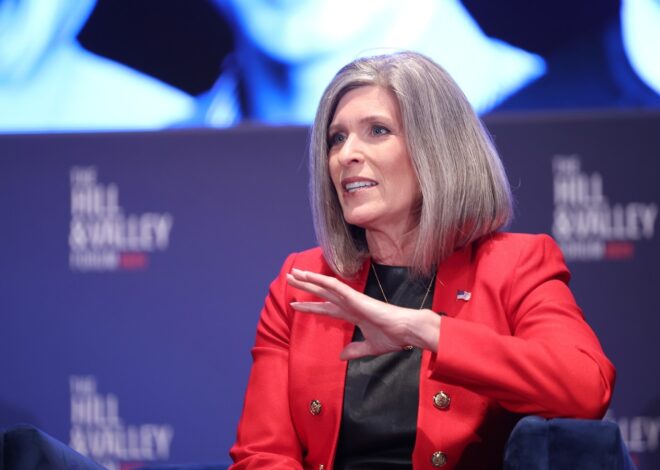
Biden’s ‘Moonshot’ Initiative: A Lifelong Commitment to Battling Cancer
Cancer Moonshot: A Journey Rooted in Loss and Resilience
Maybe this is how it all begins: with loss, and then a renewed sense of purpose. It was 2015 when Joe Biden’s world shifted with the passing of his son, Beau, from brain cancer. The grief was profound, a personal tragedy that perhaps most of us could only imagine. Out of that grief, a commitment was born. Biden launched a “moonshot” against cancer-a personal mission that soon became a national effort.
Fast forward to the present day, and that mission remains as critical as ever. A recent twist in Biden’s own life-a prostate cancer diagnosis-adds another layer of personal connection to this fight. His announcement came with a message that resonates: “cancer touches us all.” It’s a sentiment that’s all too true, isn’t it? So many have been touched by cancer’s reach, directly or indirectly.
Back in 2016, Biden was vice president under Barack Obama when he first spearheaded the federal government’s moonshot initiative. Congress allocated a remarkable $1.8 billion to this cause, fueling a vision to end cancer as we know it. There’s something deeply human about this ambition-to eradicate such a devastating disease. It’s a daunting challenge, perhaps, but one that’s motivated by personal loss and broader impact.
In 2022, Biden rekindled this initiative with an ambitious goal: to halve the cancer death rate within the next 25 years. Bold, right? According to the World Health Organization, cancer remains a leading cause of death globally. Yet, with persistence and progress, the narrative might change over time. You can read more about this effort here.
The moonshot isn’t just about research or numbers. It’s a comprehensive plan involving increased cancer screening, establishing a “cancer cabinet,” and fostering collaborations among private sectors and academic institutions. More than 250 research projects and over 70 programs have been supported by the initiative, driving progress toward a future where cancer is no longer a death sentence.
Reflecting on Biden’s words, there’s an evident determination. “It’s one of the reasons I ran for president,” he declared at a relaunch event in 2022. Maybe, in a way, this is his legacy-a relentless pursuit to turn tragedy into triumph.
And yet, life’s ironies never cease. Even as Biden fights for a cancer-free world, he grapples with his own diagnosis. His office recently announced the prostate cancer diagnosis, noting that while it’s aggressive, it appears to be hormone-sensitive, which allows for more effective management. It’s a reminder of the fragility and unpredictability of life. A reminder of our own vulnerabilities.
In the wake of this diagnosis, Biden and his family are exploring treatment options. “We are strongest in the broken places,” he shared. A poignant sentiment, perhaps, that speaks to resilience and support during challenging times. For those interested, you can follow his journey through this article.
The Bidens remain grateful for the “love and support” they’ve received. It’s a journey that, while deeply personal, is also a collective one. A journey that maybe-just maybe-might change the world for the better.



